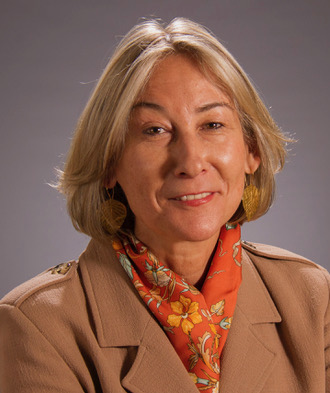Calendars, Prayerbooks, and Chatgroups from the Russian-Ukrainian War

Nadieszda Kizenko is a professor of history at University at Albany–SUNY.
At first glance, a Russian-language prayerbook titled Mothers, Wives, Sisters, Let Us Pray for Our Warriors seems to be nothing special. It’s small. It’s made of paper. It’s cheap. Much of what’s inside has appeared in other places and other prayerbooks. And yet it represents a useful framework for looking at how the Russian Orthodox Church is attempting to engage women of faith in the current war against Ukraine. Reading this book prompts the question: what does it mean to have a book scripted by Church authorities for private prayer on a political issue?

